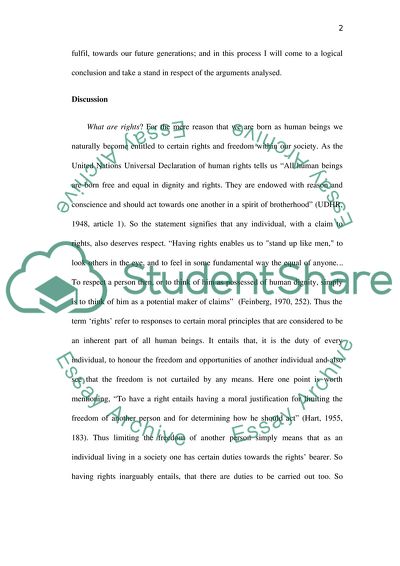Cite this document
(Do We Have an Obligation to Care about Future Generations in a Just Coursework, n.d.)
Do We Have an Obligation to Care about Future Generations in a Just Coursework. Retrieved from https://studentshare.org/social-science/1744059-politics-and-justice
Do We Have an Obligation to Care about Future Generations in a Just Coursework. Retrieved from https://studentshare.org/social-science/1744059-politics-and-justice
(Do We Have an Obligation to Care about Future Generations in a Just Coursework)
Do We Have an Obligation to Care about Future Generations in a Just Coursework. https://studentshare.org/social-science/1744059-politics-and-justice.
Do We Have an Obligation to Care about Future Generations in a Just Coursework. https://studentshare.org/social-science/1744059-politics-and-justice.
“Do We Have an Obligation to Care about Future Generations in a Just Coursework”. https://studentshare.org/social-science/1744059-politics-and-justice.


